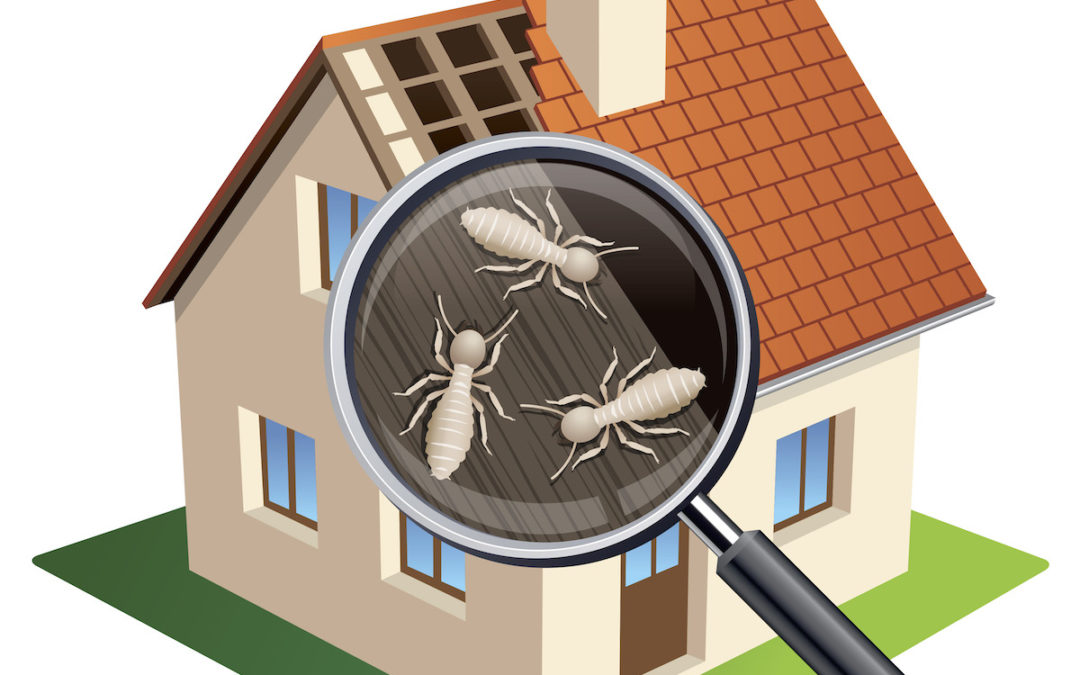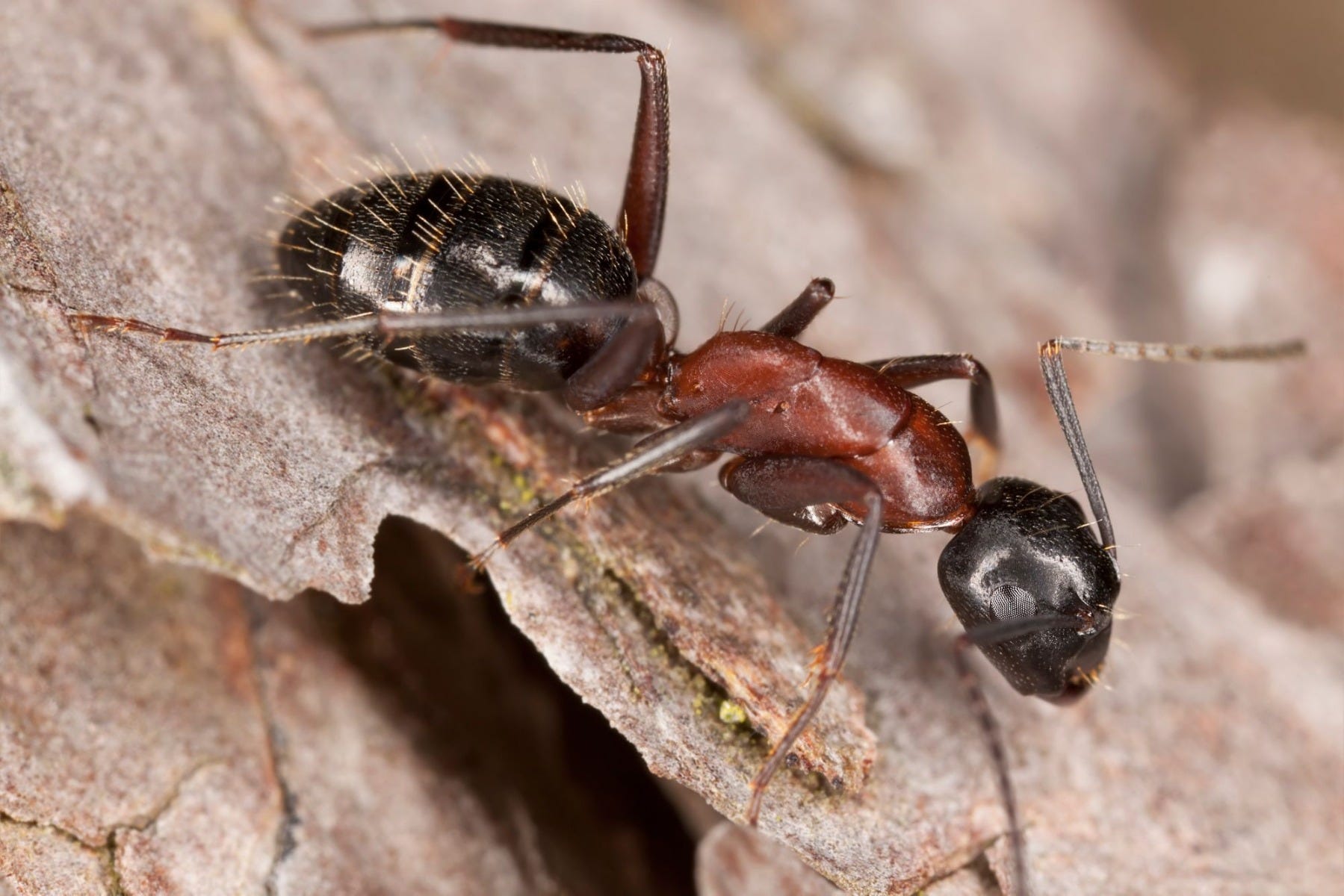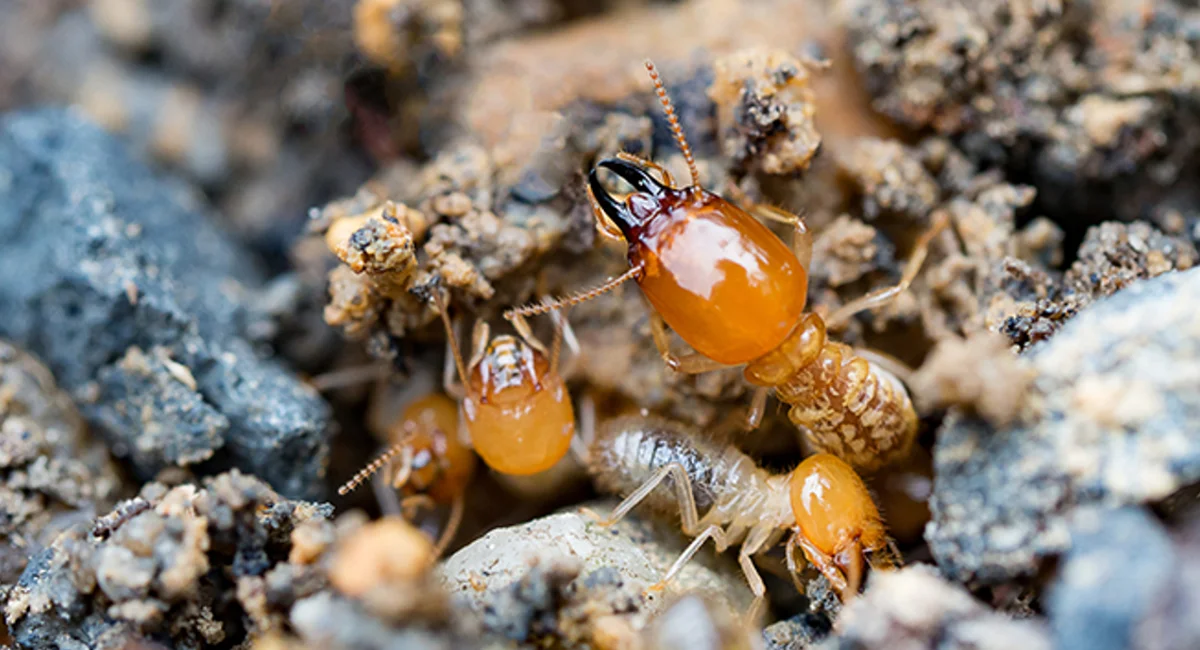Ecological Influence of Parasite Control: Harmonizing Efficiency With Sustainability
The environmental effect of parasite control is an essential concern that calls for a fragile balance between accomplishing efficiency in taking care of pests and guaranteeing sustainability of our communities. As we strive to secure our crops, homes, and health from the dangers presented by parasites, the approaches we use can unintentionally harm the environment. From making use of hazardous chemicals that seep into our dirt and water to the unplanned repercussions on non-target varieties, the repercussions of traditional insect control techniques are significant. There are emerging techniques that use hope for a more sustainable approach to pest management. These remedies not only purpose to address the instant pest troubles yet also think about the lasting health and wellness of our world.
Dangerous Chemicals in Pest Control
The use of damaging chemicals in insect control poses considerable environmental and health threats that call for mindful consideration and reduction techniques. Insecticides, pesticides, and herbicides are generally utilized to remove insects, yet their extensive application can lead to unplanned repercussions. These chemicals can contaminate dirt, water resources, and the air, impacting not just the targeted insects yet likewise advantageous insects, wildlife, and humans.

To deal with these dangers, integrated pest monitoring (IPM) methods are being advertised as a more lasting option. IPM entails a mix of methods such as biological control, environment manipulation, and the targeted use pesticides as a last option (ant control wesley chapel nc). By adopting a holistic strategy to pest control, we can reduce the ecological and health and wellness influences related to unsafe chemicals while effectively taking care of pest populaces
Effect on Non-Target Species
Thinking about the unintended repercussions of insect control techniques, the effect on non-target species is an important element that requires thorough evaluation. While insect control procedures intend to target certain pests, other microorganisms in the ecosystem might be accidentally impacted. Non-target varieties, including advantageous insects, birds, animals, and also plants, can experience straight or indirect damage from chemical applications or biological control techniques.
Insecticides created to deal with a certain bug parasite might harm pollinators like bees or all-natural killers such as ladybugs. Organic control agents, if not species-specific, can position risks to unexpected targets, interfering with the environmental balance.
To mitigate the influence on non-target types, integrated parasite management (IPM) techniques that highlight an all natural approach to pest control are advised. These techniques prioritize making use of eco-friendly techniques, decreasing damage to valuable organisms while efficiently managing pest populations. Conducting detailed threat analyses and keeping an eye on the outcomes of insect control initiatives are necessary action in protecting non-target varieties and advertising total ecosystem health and wellness.
Dirt and Water Contamination
Unintended environmental consequences of insect control approaches extend past impacting non-target types, with substantial ramifications for dirt and water contamination. Chemicals, herbicides, and chemical fertilizers used in parasite control can leach into the dirt and pollute groundwater, posturing a danger to both water and terrestrial environments. Soil contamination can interrupt the balance of microorganisms essential for nutrient cycling and plant development, causing decreased soil fertility and productivity. These chemicals can persist in the setting for extensive periods, collecting in the soil and potentially entering the food chain.
Water contamination is one more vital issue linked with parasite control methods. To mitigate soil and water contamination from insect control activities, integrated insect monitoring techniques that prioritize sustainability and decrease chemical inputs are critical.
Air Air Pollution From Pesticide Use
Direct exposure to airborne pesticides during farming applications positions a considerable concern for air pollution control actions. They can volatilize into the air and kind unstable natural substances (VOCs) and other airborne toxins when chemicals are splashed onto crops - ant control services. These chemicals can add to the development of ground-level ozone, a significant part of smog that can have destructive effects on human health and wellness, plant performance, and overall air top quality. Furthermore, chemical drift, where chemicals are carried by the wind to unintentional locations, can cause the contamination of close-by environments and water bodies.

Techniques for Lasting Insect Control
In the world of farming techniques, executing sustainable parasite control approaches is paramount for preserving eco-friendly equilibrium and guarding crop yields. Lasting pest control stresses the use of eco-friendly techniques to take care of pest populaces successfully while reducing injury to non-target organisms and ecological communities. Integrated Parasite Management (IPM) is an extensively taken on method that integrates organic, social, physical, and chemical control techniques to accomplish long-lasting insect administration solutions.
One secret strategy in sustainable bug control is promoting biodiversity within agroecosystems. By enhancing all-natural adversaries of bugs, such as parasitoids and killers, farmers can reduce the need for artificial pesticides. Plant turning and diversification are additionally efficient techniques to interrupt pest life cycles and create much less favorable conditions for bugs to thrive. Furthermore, using pest-resistant crop ranges and employing strategies like trap cropping can help in reducing insect stress without relying heavily on chemical interventions. Eventually, by integrating these lasting pest control approaches, farmers can achieve an equilibrium in between pest management effectiveness and environmental stewardship.
Conclusion
Finally, the environmental effect of insect control techniques must be carefully taken into consideration to balance efficiency with sustainability. Damaging chemicals utilized in insect control can lead to soil and water contamination, air contamination, and injury non-target species - ant control services. It is essential to apply sustainable parasite control approaches to reduce these unfavorable impacts on the setting and advertise a much healthier environment for future generations
By adopting a holistic method to pest control, we can reduce the environmental and health influences associated with harmful chemicals while successfully taking care of pest populaces.

To reduce the air pollution triggered by pesticide use, it is essential read here to take on incorporated bug monitoring methods that focus on the use of non-chemical pest control methods, such as crop turning, all-natural predators, and immune crop selections. Lasting insect control stresses the usage of environmentally friendly methods to manage insect populations efficiently while reducing injury to non-target organisms and ecosystems. Integrated Pest Management (IPM) is a commonly embraced approach that combines organic, social, physical, and chemical control techniques to attain lasting pest administration services.